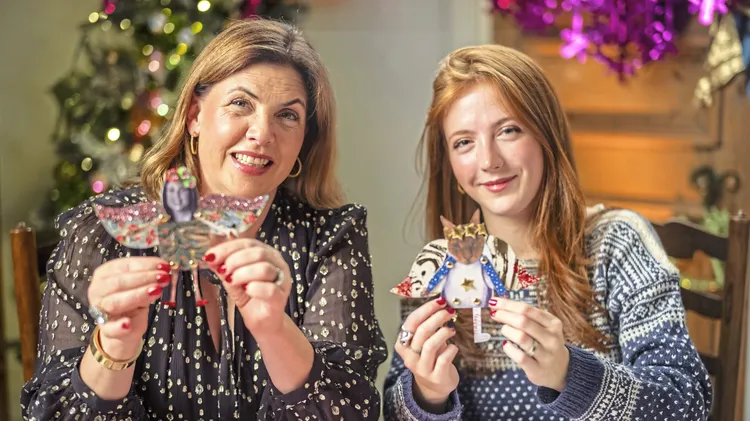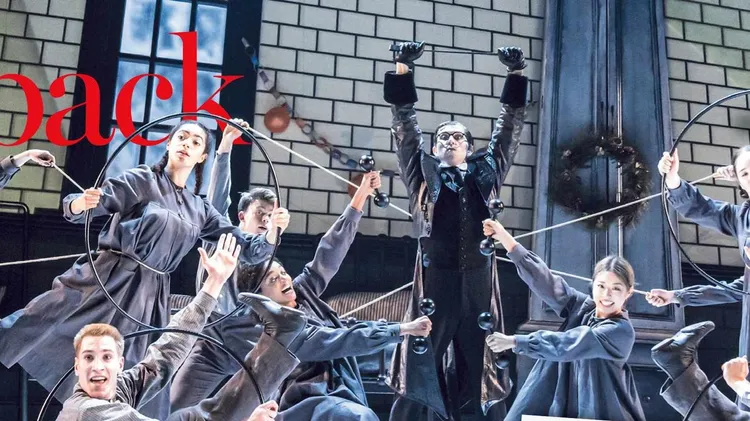Stylist’s entertainment director Helen Bownass on how TV is finally embrac
As seen on screen
3 min read
This article is from...
Read this article and 8000+ more magazines and newspapers on Readly






